
Services
Live Bee Removal
San Diego Bee Removal & Bee Keeping Services offers organic live bee removals, and relocate them into better habitat within San Diego County and …
READ MORE...
Become Bee Hive Host
Would like to bring new adventure into your home or property? We design …
READ MORE...
Mentorship Programs
Current Programs
READ MORE...
Gallery
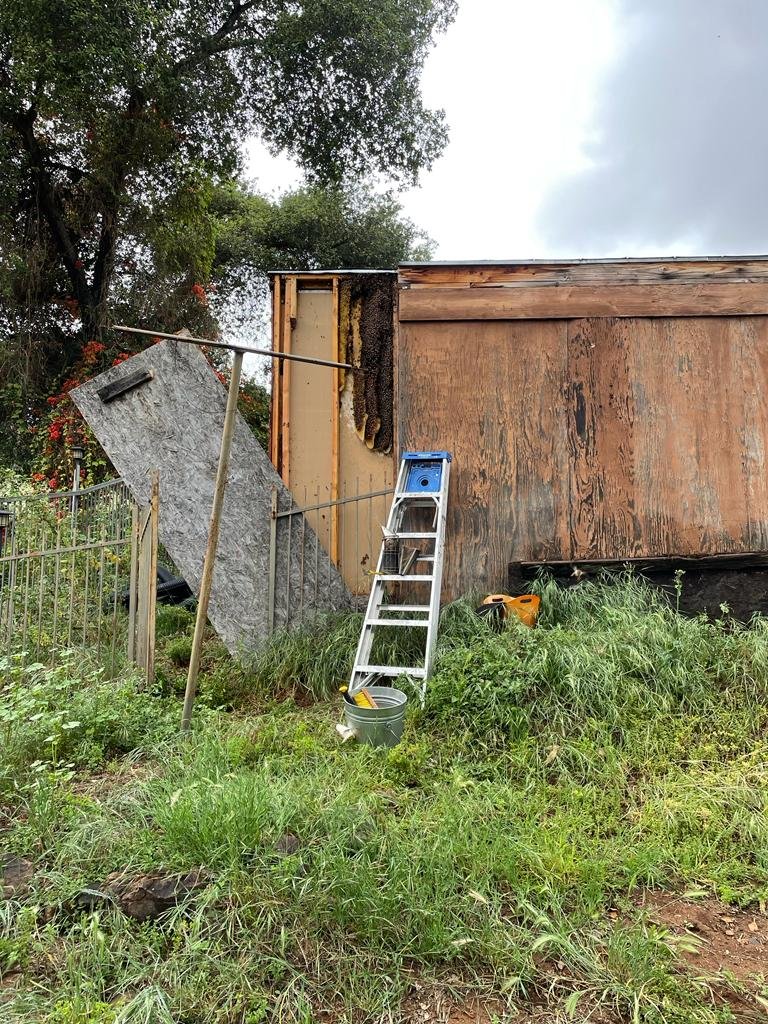
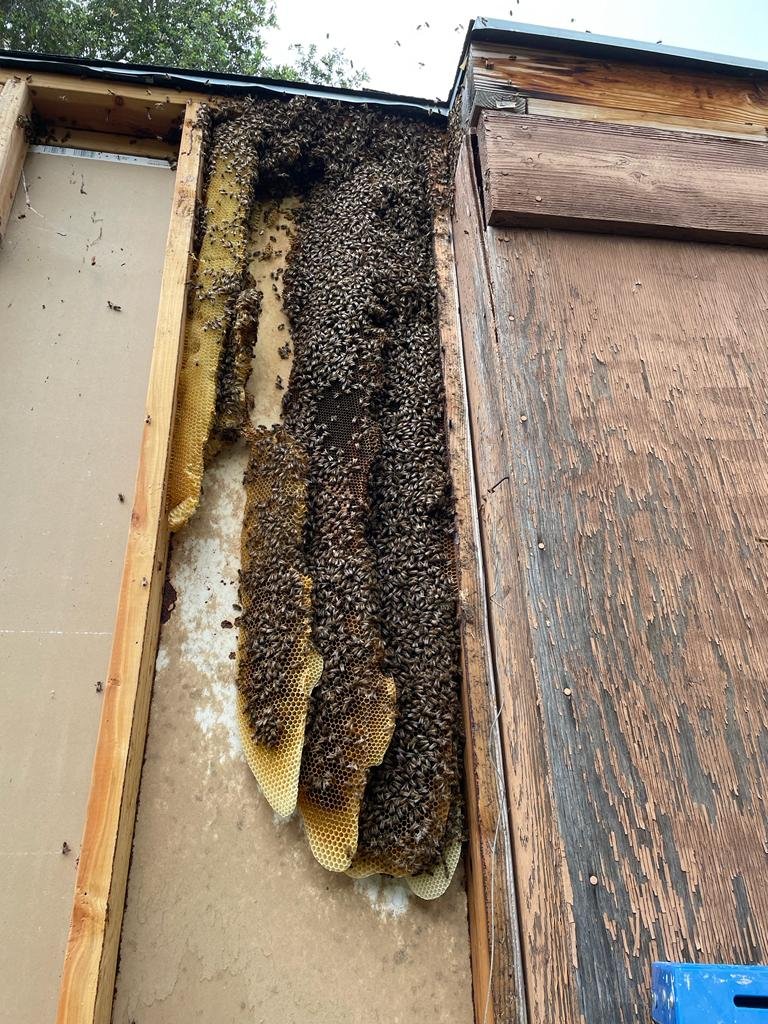
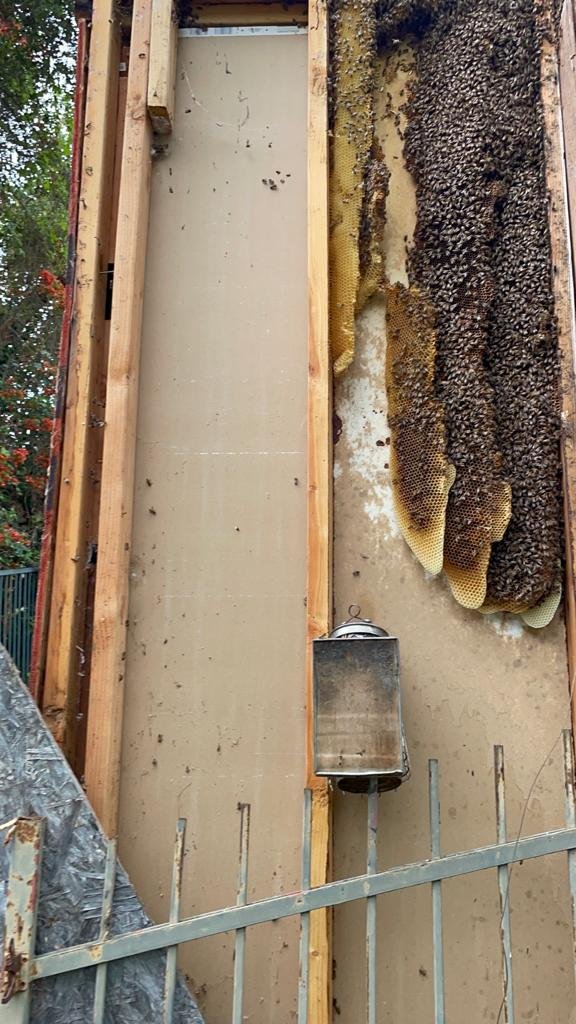
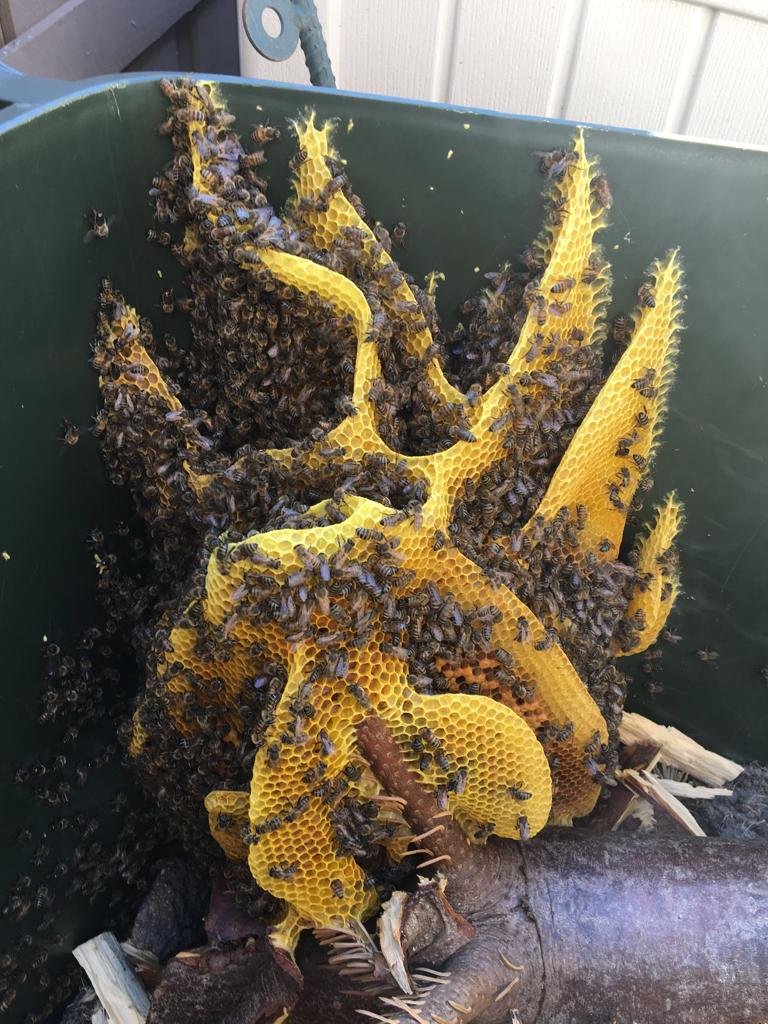

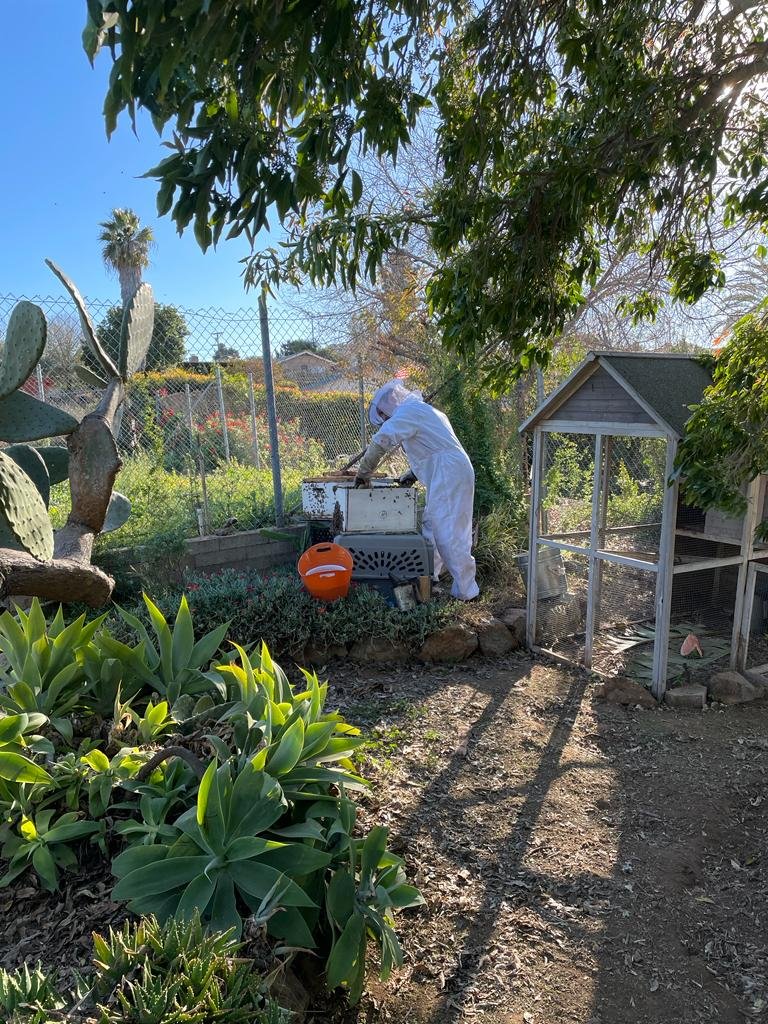
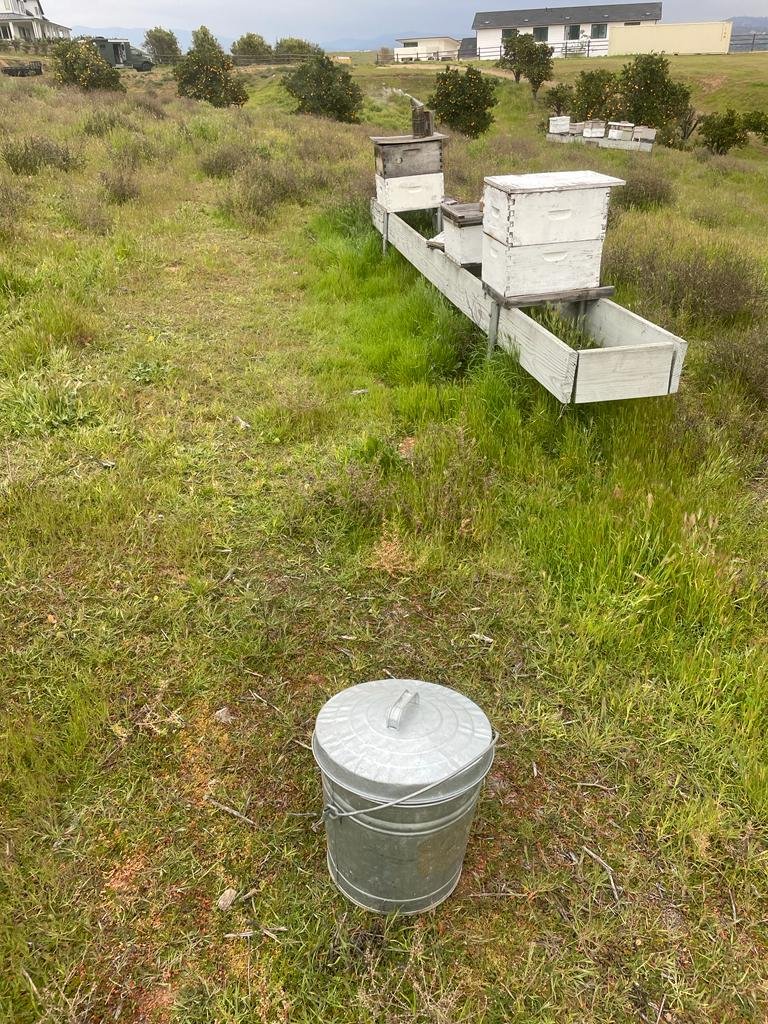
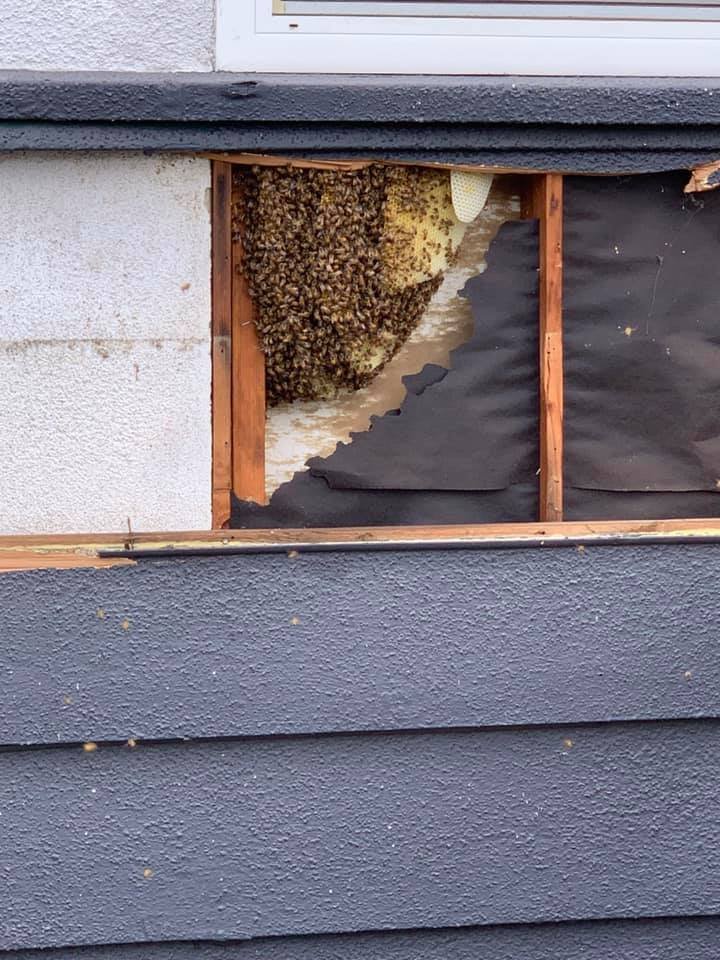

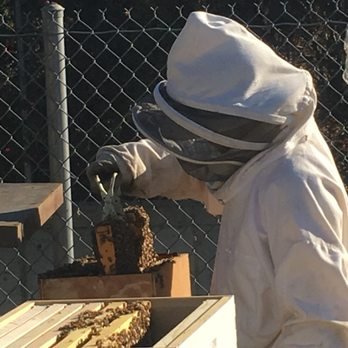
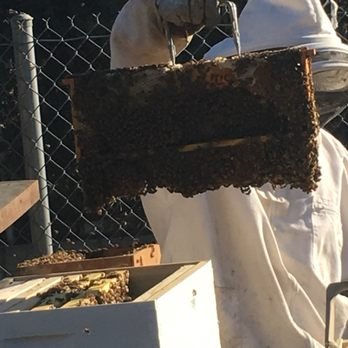
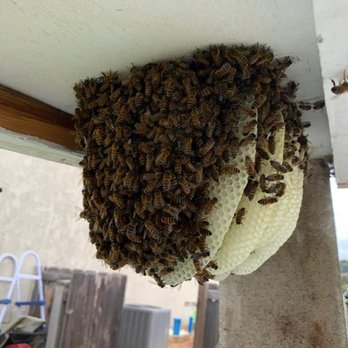
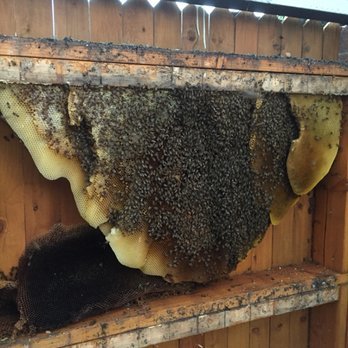
Reviews
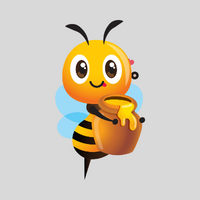
My backyard faces a canyon, so we expect plenty of nature.
When clearing some brush I discovered a bee colony that had taken over a squirrel hole on the slope behind my house.
Not good having two toddlers and a neighbor’s kid with bee allergies.
Thankfully, Joseph was amazing. He was available to provide an estimate one hour after I called him.
I did my diligence and got a few other quotes, but decided Joseph was the way to go.
He has a passion for bee keeping and was not afraid of the work this job would entail.
This was a large and established colony. Joseph had to dig the hive out of the sloped ground.
He setup a new box, moved the queen and majority of the colony, then allowed a few days for the rest to migrate over, checking in each evening to see how the bees were progressing.
He took care to make sure none of the old hive remained, while also doing his best to protect the bees from harm.
I highly recommend San Diego Bee Removal and Bee Keeping Services.
Thanks Joseph

Joseph was able to rescue a large hive that had set up shop in the walls of an old shed.
All other bee services said the job would be too hard or require extermination. He was the ONLY person to actually come by and take it on.
He removed the walls and set a box on top of their old hive and we watched while the bees migrated to their new home.
Late that night he transported the bees to their new home. The next day we had just a few stragglers and by the following day they had all moved on.
It was a crazy process and Joseph is really passionate about his work. We highly recommend his services.

Excellent customer service, fast and reasonable! I called them on Saturday and they were able to come by on Monday!!
Did an excellent job of solving a bees in the wall mystery and worked meticulously to remove the new hive and queen the veryyy high corner of the house.
Will use them again!
© 2025 beecarefull.